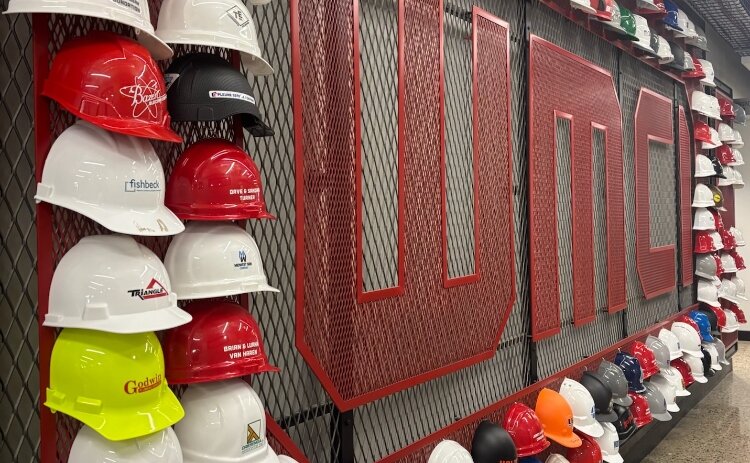New Rental Assistance Program aims to increase accessibility to affordable housing
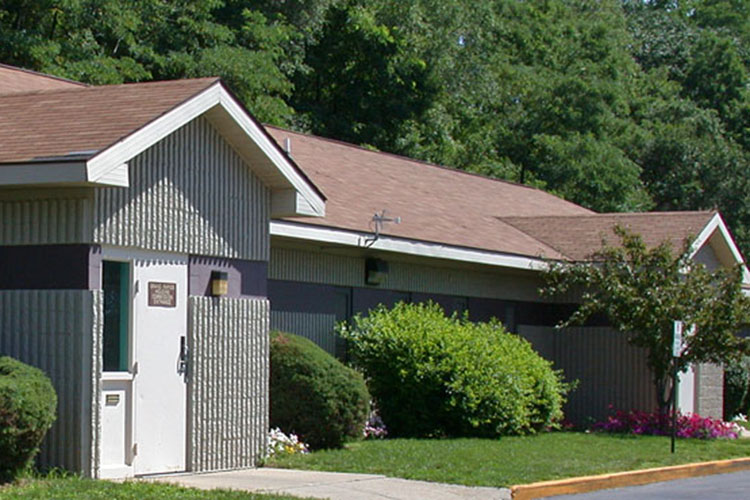
In September, it was announced that the City of Grand Rapids and the Grand Rapids Housing Commission established a two-year pilot program for a Rental Assistance Center for households who earn 80 percent or less of the Area Median Income (AMI). In Grand Rapids, the AMI is $55,900 for a four-person household. The Rental Assistance Center will refer such households to available rental properties, and conversely, connect landlords to rent-ready applicants. Candidates considered rent-ready are those who apply through an online portal and meet the screening requirements presented by landlords. Each year, $91,800 will go toward the funding for the program.
The need for this two-year pilot was assessed through the Housing Now! strategy, an effort put forth by the city in hopes of generating viable solutions for affordable housing.
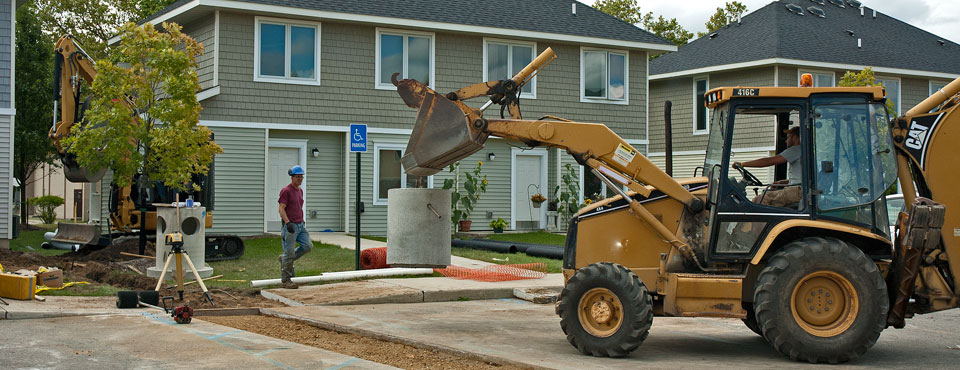
“They had 10 or 11 recommendations that had come out of the committee they had formed,” says Executive Director of the Grand Rapids Housing Commission Carl Sanchez. “One of the things we were getting a lot of complaints from residents about was that landlords were charging application fees, they weren’t being told when they were being denied, and they were keeping the fees; so the city came up with an ordinance. One of the things that came out of this was to find out a way to reduce the amount of money [residents] have to pay for applications.”
These days, Sanchez explains, it is a standard practice for landlords to charge application fees anywhere between $75 to $100, even without the guarantee of securing the housing; in some cases, the fee only guarantees a spot on a waiting list. As a result, removing application fees through the organization’s online portal submissions is only the first step in the monumental issue that is affordable housing. Sanchez says that even with vouchers provided to qualifying candidates for their Section 8 housing, which aids in subsidizing rent cost, obstacles like application fees make it difficult for individuals to find available housing, even once income is no longer a factor.
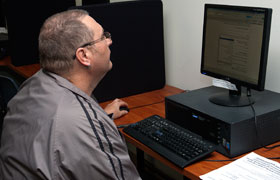
Another tangible extension of this program is its proactive approach in educating individuals about how to be rent-ready applicants.
“For instance, if they had bad credit or some kind of blemish on their record, because we do three or four different checks, not only will we tell them, but we’ll also refer them to our residence service coordinator,” says Sanchez. Working with this staff member, applicants can explore the reasons behind their low credit score, such as identity theft, or also be referred to credit counseling.
The goal is to correctly assess why the individual is being denied housing, and refer them to the resources they need so that this is no longer an issue.
Lastly, the program will help set up new criteria for screening by landlords, but in a manner that creates more accessibility for a wider range of applicants.
For example, the criteria might allow for an applicant who has a lower credit score but has a history of paying the majority of their bills on time, or it might allow for an applicant who has been evicted before, but not on the basis of multiple behavioral issues.
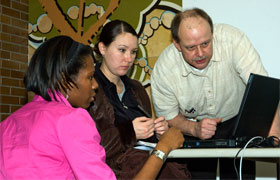
Overall, Sanchez says the purpose of the program is to learn more about the housing issues residents face within the Grand Rapids community, and how they can move forward with creating more solutions.
“The city’s plan is to expand affordable housing, and it’s really a major problem in this community, so people are having more and more difficulty finding rental units,” Sanchez says.
“We just want to find out what are some of the impediments that folks are having … Right now, we have anecdotal stories told to us about what kinds of experiences residents were having in the rental market, so we just want to see if we can do something to improve the availability of housing and connecting landlords with tenants.”
Image courtesy of the Grand Rapids Housing Commission.



